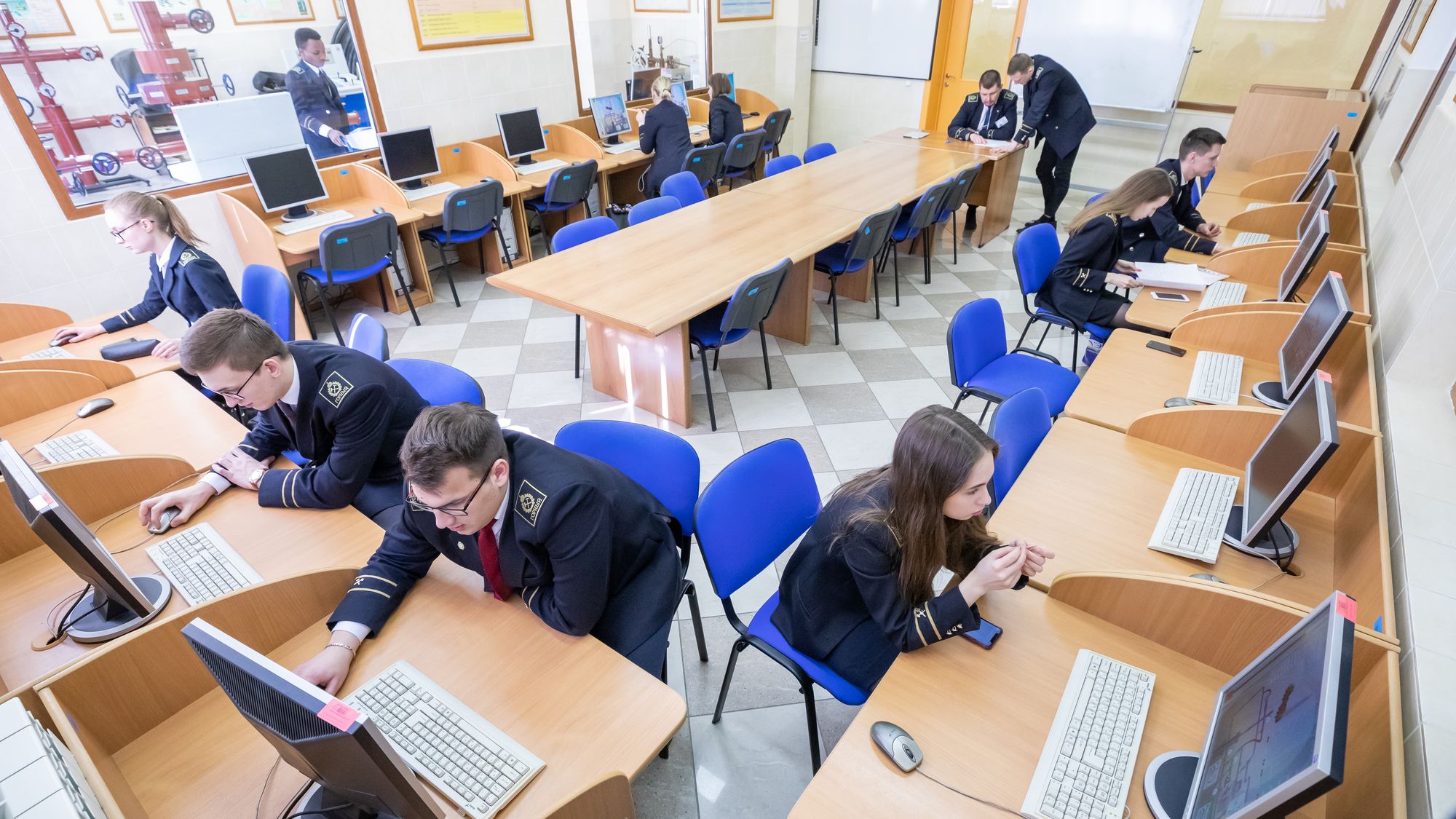In the process of training under this program, students master research, development and technology aimed at developing the theory, production and application of instruments, systems and methods designed for receiving, registering and processing information about the environment, technical and biological objects in the field of mining, gas and oil,as well as transport and processing technologies in order to increase productivity and ensure industrial safety. The objects of professional activity include optical-electronic, electronic-mechanical, magnetic electromagnetic, optical, thermo-physical, acoustic and acoustic and optical methods; devices, complexes, systems and element base of instrument-making; production technology of elements, devices and systems; and software and information and measuring technology in instrument-making.
The opportunity to engage in scientific activities during training at St. Petersburg Mining University;
Possibility of included studies at foreign partner universities with the issuance of internationally recognized diplomas;
An integrated approach to learning, including a statistics and physical diagnostics methods and modern teaching techniques for all theoretical and practical skills;
High demand on the job market for scientific personnel with deep knowledge of the features of scientific research in the field of instruments and methods for monitoring natural environment, substances, materials, products and technical objects of enterprises in the mining, oil and gas, chemical, petrochemical industries, mineral raw materials and fuel and energy complexes.
Graduates of this program find jobs in leading companies in the mineral raw materials and fuel and energy complex; expert and production and technological departments of research, design, and industrial institutions; government bodies, consulting companies, etc. as specialists in non-destructive testing, experts, heads of technical or expert departments, engineers, researchers, etc.
